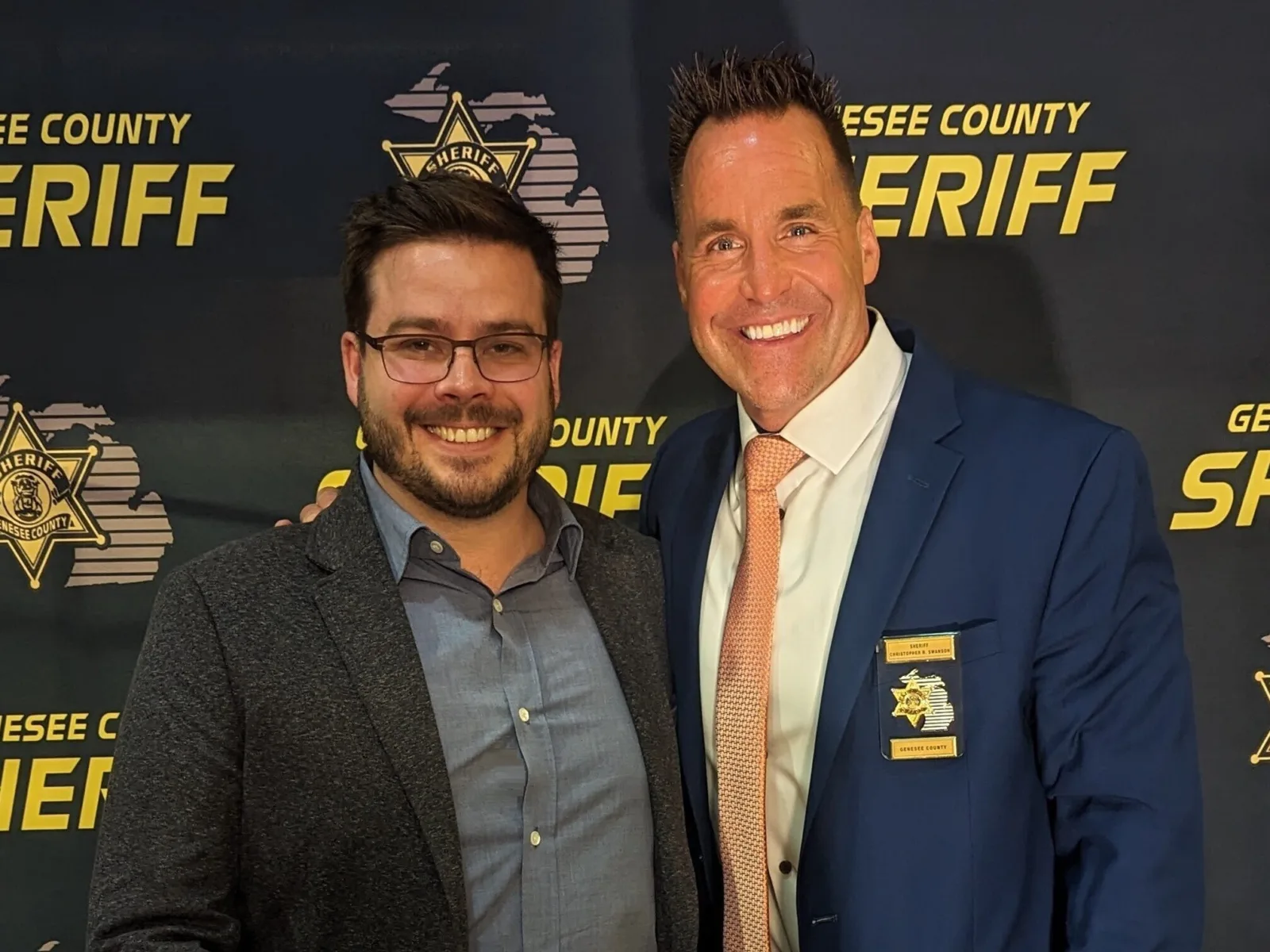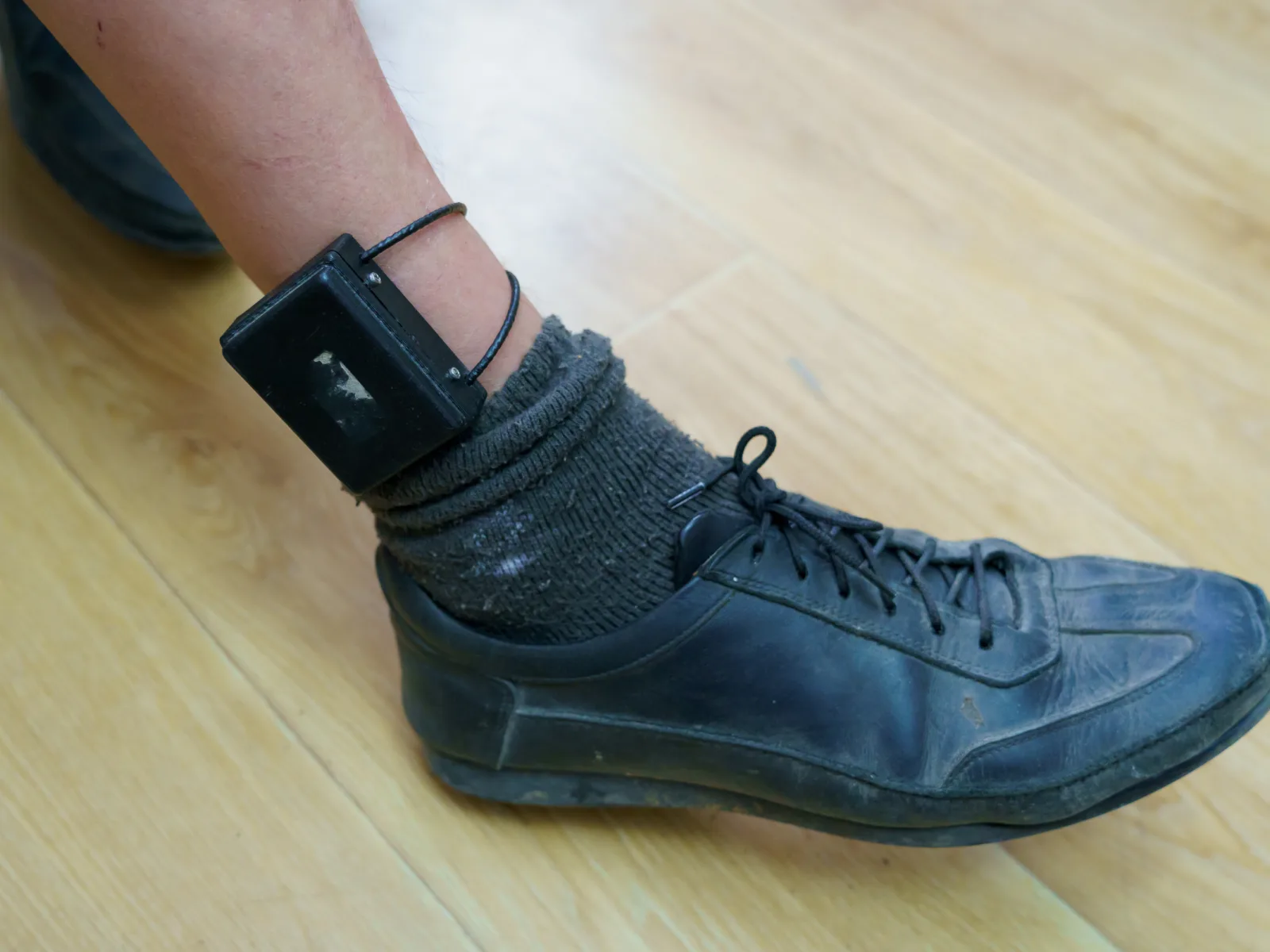Texas’ unregulated firearms carry law went into effect on Wednesday, and you may have already heard some glib comparisons to the Wild West. But that’s not fair. Despite the myths about shootouts and gunslingers in places like Tombstone, Dodge City, and Deadwood, the reality is that outposts on the American frontier heavily regulated the carrying and use of firearms and routinely required visitors to disarm before entering town. By allowing Texans over age 21 to openly carry handguns in public without a background check or any safety training, the state isn’t returning to some idealized, conservative past. Instead, we’re lurching headlong into an unknown and, to me, terrifyingly radical future.
Arnold Ventures’ work on gun policy is aimed at answering many of these unknowns. Last year was one of the deadliest on record for gun violence: An estimated 44,000 people died by firearm — five people every hour. But for more than two decades, the federal government refused to effectively fund research into this bloodshed. This underfunding created a massive knowledge gap that leaves policymakers without a shared set of facts around gun violence and a lack of answers about ways to effectively save lives.
Longtime Texas journalist Scott Braddock made that astute observation in the middle of the legislative session.
“One of the disingenuous things that happens on that issue,” he said while discussing gun policy on the Texas Take podcast, “[is] one side will say ‘the other side is all emotional, and I have the facts on my side.’”
That’s the inevitable framing of too many gun debates.
But even the experts recognize that we shouldn’t need decades worth of research to try to implement gun policies that could save lives — or stop deregulation that could put lives at risk.
“I do not believe — and I doubt anyone on our team believes — that gun policies should not be tried if there is not yet rigorous evidence for their effects,” Andrew Morral, director of RAND’s GPIA said last week. “This idea is both impractical and illogical: How would you evaluate policies before their implementation?”
Still, I would like to think that better evidence could have changed some minds in the Texas Legislature. It’s not as if the bill was ever that popular. Only one-third of Texans said they supported the change, and nearly 60% opposed it, according to a poll by the University of Texas and Texas Tribune. Meanwhile, Texas continues to grapple with the COVID-era spike in homicides.
Maybe one day the Legislature will be convinced to roll back the bill. Until then, Texans won’t be living in the Wild West — we’ll be living in a policy lab with 29 million test subjects. Let’s hope there’s a high survival rate.























